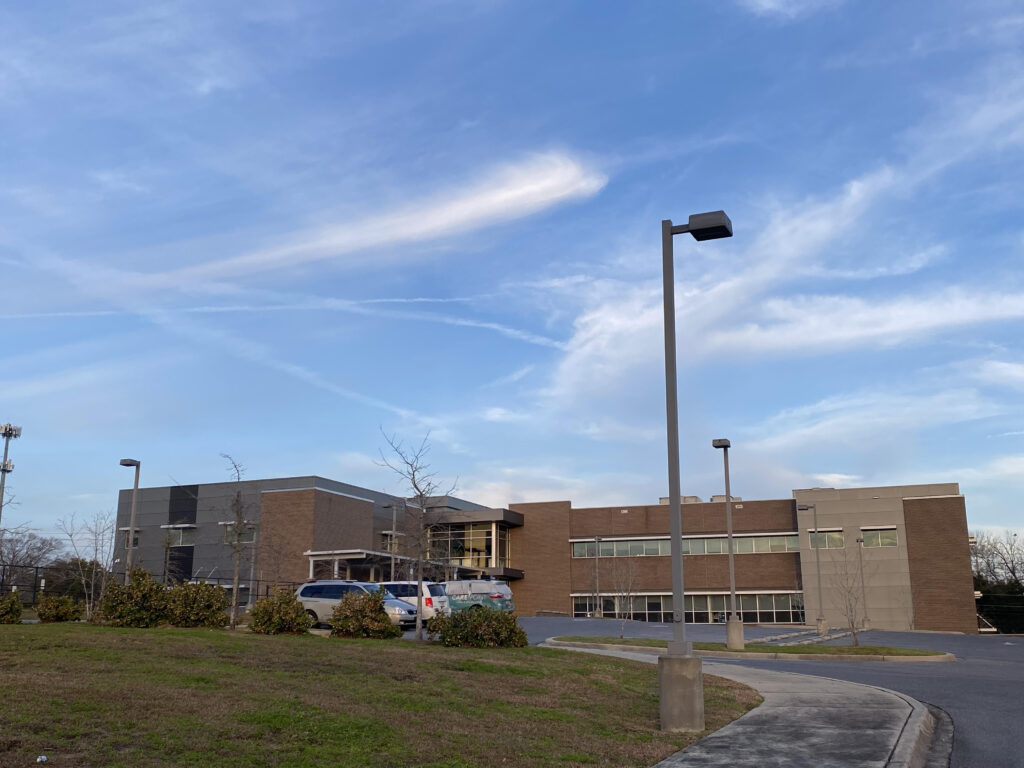
Credit: Emani Howard
It is no secret that the quality of water at public beaches, pools and bathing areas is critical for the health of the community.
According to Dr. Beth Brady, a representative from Save the Manatee Club, water contamination results in higher mortality rates for aquatic and marine wildlife — as well as health complications for people.
“Red tide kills off all types of fish and it also settles on seagrass,” Brady said.
Seagrass is the predominant food source for manatees, a vulnerable species in Florida.
Brady says exposure to contaminated water could worsen pre-existing conditions such as asthma. “If you live near water with an overproduction of nutrients such as nitrogen, it can cause coughing and an increase in respiratory issues,” she said.
Florida Senate Bill 338, known colloquially as the Safe Waterways Act, seeks to create consistent standards and procedures for water quality across the state. The bill designates the Department of Health to force closures of impacted public beaches and bathing areas and to distribute notices of health advisories to the state, local Department of Environmental Protection chapters and local news networks.
One of the biggest concerns for environmentalists is the harmful algae blooms. Algae blooms flourish in both saltwater and freshwater.
Recently, a study by Florida Atlantic University (FAU) Harbor Branch Oceanographic Institute discovered that even in the absence of active HABs, unidentified toxins remain in the nearby Indian River lagoons. Researchers are still investigating the potential environmental and public health impact.
A study published in the Toxins journal revealed the most common toxin, microcystin, can result in a range of symptoms in humans, from as mild as nausea and as severe as death. While microcystin is only present in active algae blooms and is most dangerous when ingested or inhaled, this study found there are still health risks of consuming seafood or produce contaminated with microcystin.
Brady says there are many ways community members can help prevent contamination such as being mindful of using nutrient-dense fertilizers before storms, taking care to properly dispose of animal waste, and ensuring private septic tanks aren’t leaking into water sources.
Brady’s suggestion may also address another concern –waterborne infections. According to the World Health Organization, contaminated water sources can cause cholera, dysentery and polio.
Additionally, exposure to contaminated water sources can also accelerate the transmission of diseases amongst a community. According to Ian McManus, owner of McManus Pools and Spa, there are “several bacterias” swimming in contaminated water. He says this bill is long overdue.
“There are not a whole lot of standards under our current governor to maintain the lakes and rivers. There’s not a lot of cleanup of trash either,” he said.
As far as public bathing places, like pools, McManus says Tallahassee pools aren’t being cleaned frequently enough. “It’s not really commercial cleaners’ fault, it’s the property managers,” he said.
There’s also a risk of overdoing the cleaning once someone is hired to do it.“Too much chemicals can also give you chemical burns,” he said.
After sailing through the Health Policy Committee by a 10-0 vote on Tuesday, SB 338 is waiting to be heard in the Appropriations Committee on Agriculture, Environment and General Government.